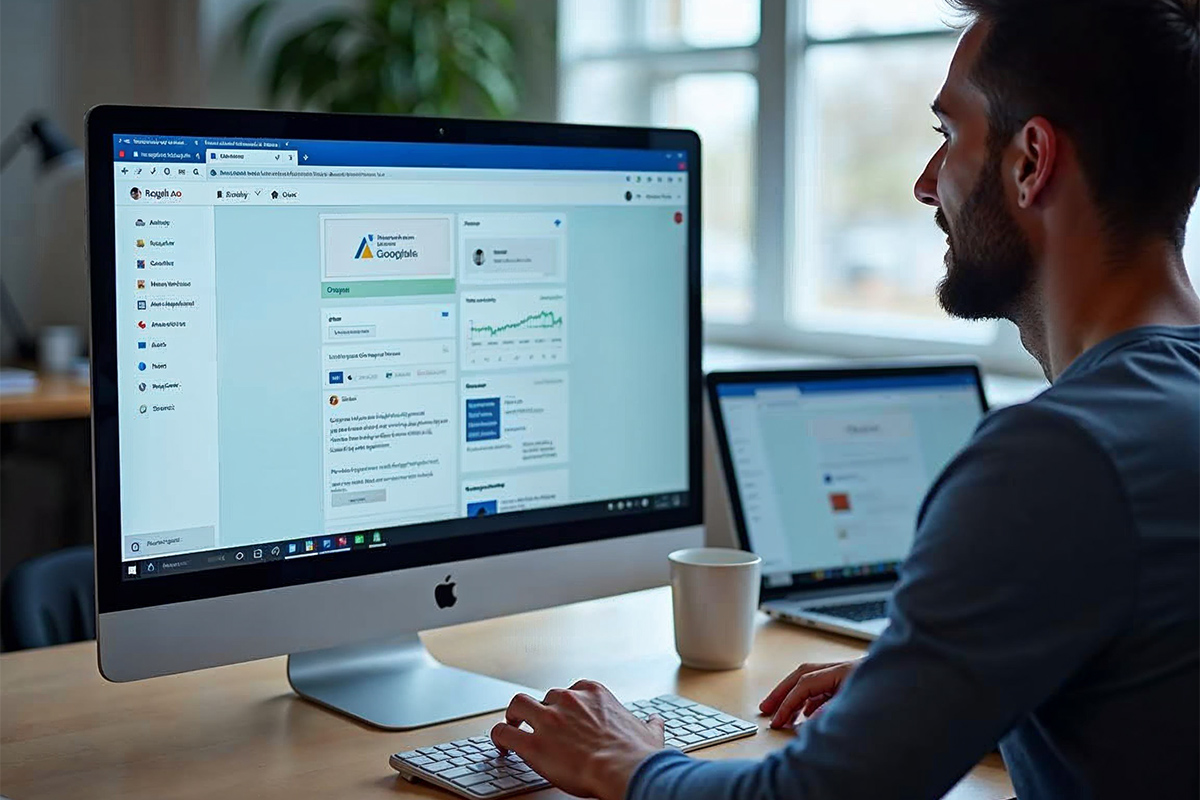Introduction
Local SEO is an indispensable tool for businesses looking to connect with customers in their area. Whether you operate a cozy café, manage a service-based company, or own a retail shop, leveraging local SEO strategies ensures that your business stands out in your community. With more consumers relying on online searches to find nearby products and services, a strong local SEO presence can significantly boost your visibility, generate leads, and drive foot traffic.
In this blog, we’ll explore seven proven strategies to enhance your local SEO and help your business dominate local search results.
Why Local SEO is Important for Your Business
Local SEO bridges the gap between your business and nearby customers actively searching for what you offer. Unlike traditional SEO, which casts a wide net, local SEO focuses on connecting you with a geographically targeted audience. As mobile searches surge, optimizing for local search ensures your business is discovered when it matters most.
Benefits of Local SEO
- Increased Visibility
Local SEO ensures your business appears in search results when customers in your area look for services or products you offer. - Targeted Traffic
By focusing on local search optimization, you attract visitors who are more likely to convert into paying customers. - Enhanced Credibility
Showing up in local search results, especially in the Google Maps pack, reinforces your business’s reputation and trustworthiness. - Boosted Engagement
Local SEO strategies encourage customers to interact with your business, whether through website visits, phone calls, or in-store visits. - Cost-Effective Marketing
Compared to other forms of advertising, local SEO delivers a high ROI by targeting customers who are already interested in your offerings.
7 Strategies for Improving Your Local SEO
Here are seven essential tactics to improve your local SEO and attract more customers:
1. Claim and Optimize Your Google My Business Profile
Google My Business (GMB) is a cornerstone of local search optimization. This free tool allows you to manage how your business appears on Google Search and Maps.
- Claim Your Profile: Start by claiming and verifying your business profile.
- Ensure Accuracy: Provide consistent and accurate details like your business name, address, phone number (NAP), and operating hours.
- Add Rich Media: Upload high-quality photos of your business, services, or products to make your listing visually appealing.
- Utilize Posts: Share updates, promotions, or events through GMB posts to engage your audience.
- Leverage Keywords: Incorporate local business SEO keywords in your business description to improve visibility.
2. Optimize for “Near Me” Searches
Search queries like “coffee shops near me” or “plumbers near me” are increasingly popular. To capitalize on these searches:
- Use Geo-Targeted Keywords: Include your city, neighborhood, or area in your website content and metadata.
- Schema Markup: Implement local business schema markup to help search engines understand your location and services better.
- Create Location-Specific Pages: If you serve multiple locations, dedicate separate pages to each, optimized with local keywords.
3. Get Listed in Local Directories
Local directories amplify your business’s reach by making it easier for customers to find you.
- Claim Listings: Ensure your business is listed on platforms like Yelp, Yellow Pages, TripAdvisor, and industry-specific directories.
- Consistency is Key: Use the same NAP details across all listings to avoid confusing search engines and potential customers.
- Add Descriptions: Write concise, keyword-rich descriptions for each directory listing.
4. Generate Customer Reviews
Positive reviews play a dual role: they build trust with potential customers and improve your local rankings.
- Encourage Reviews: Politely ask satisfied customers to leave reviews on Google, Yelp, and Facebook.
- Respond Promptly: Engage with both positive and negative reviews to show customers that their feedback matters.
- Feature Testimonials: Highlight positive reviews on your website and social media to reinforce credibility.
5. Use Localized Content
Creating localized content helps your business resonate with the community and perform better in local search results.
- Write About Local Events: Blog about community happenings or how your business contributes to local causes.
- Highlight Customer Stories: Share testimonials or case studies from local customers.
- Answer FAQs: Address common questions or concerns specific to your industry and location.
6. Build Local Backlinks
Earning backlinks from reputable local sources enhances your site’s authority and local search optimization.
- Partner with Local Businesses: Collaborate with complementary businesses for mutual promotions and backlinks.
- Engage with Local Media: Submit press releases or sponsor events to get featured on local news websites.
- Contribute Guest Posts: Offer to write blog posts for local organizations or industry-relevant sites.
7. Optimize for Mobile Search
Since a large proportion of local searches are conducted on mobile devices, having a mobile-friendly website is crucial.
- Responsive Design: Ensure your site adapts seamlessly to various screen sizes.
- Fast Loading Speeds: Compress images and minimize code to enhance loading times.
- Clickable Elements: Make phone numbers and CTAs easily clickable for a better user experience.
Advanced Tips to Improve Local Rankings
While the seven strategies above are foundational, here are some advanced techniques to further enhance your local SEO:
- Focus on Voice Search Optimization: Voice searches often involve conversational, question-based queries. Optimize your content to include natural language and answers to common questions.
- Social Media Integration: Maintain active social media profiles and include your business’s location in posts to engage with the local community.
- Leverage Local PPC Ads: Combine local SEO with targeted pay-per-click ads to amplify your visibility in search results.
- Monitor Insights: Use tools like Google Analytics and GMB Insights to track your performance and identify areas for improvement.
Measuring Local SEO Success
Tracking the effectiveness of your local SEO efforts is essential for ongoing optimization. Metrics to monitor include:
- Search Rankings: Track where your business appears for local keywords.
- Website Traffic: Monitor the volume and quality of traffic from local search results.
- Engagement Rates: Analyze how visitors interact with your website, including bounce rates and time on site.
- Conversion Rates: Measure the percentage of visitors who take desired actions, such as filling out a form or calling your business.
Conclusion
Local SEO is a game-changer for businesses that rely on nearby customers. By implementing strategies such as optimizing your Google My Business profile, encouraging reviews, and building local backlinks, you can improve your visibility in local search results and attract more targeted traffic.
In a world where “near me” searches dominate, standing out locally isn’t just an advantage—it’s a necessity. Start using these actionable tips today to enhance your local SEO, improve local rankings, and grow your business in your community.th.
Useful links:
Screamingfrog: Optimising Your Location Pages




